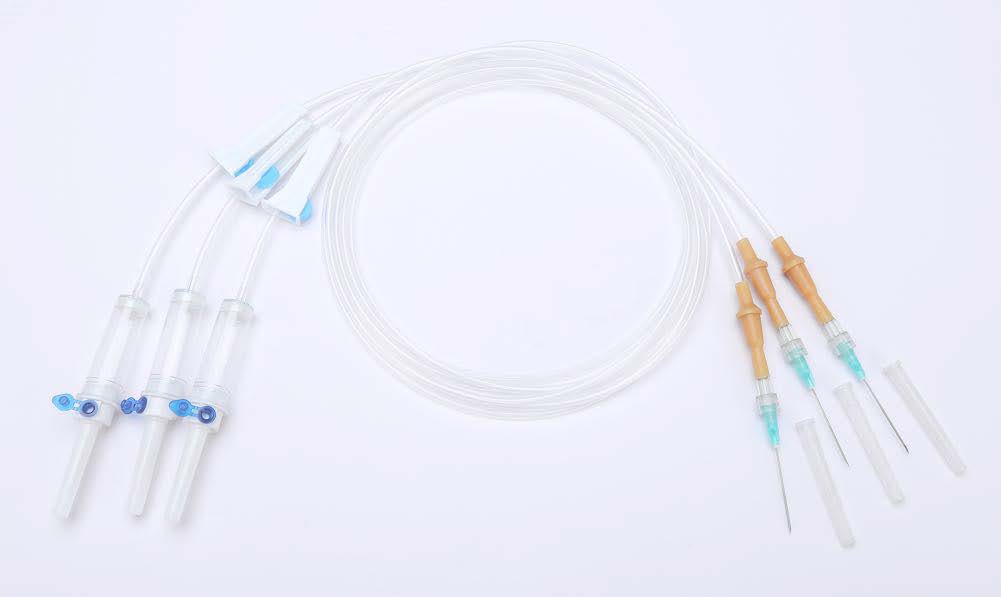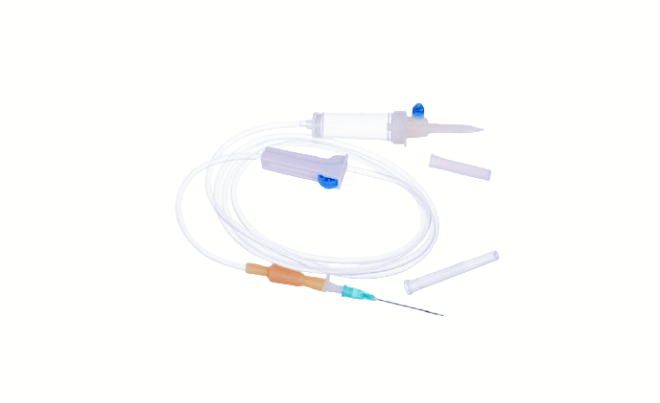Introduction:
In the realm of medical disposable manufacturing and pharmaceutical production, the proficiency of personnel in quality control practices is instrumental in maintaining product integrity and compliance with regulatory standards. This article explores the significance of training and education in equipping employees with the knowledge and skills necessary for effective quality control.
Building a Culture of Quality:
The Importance of Training Programs Training programs play a pivotal role in fostering a culture of quality within manufacturing facilities. This article delves into the elements of effective training initiatives, including comprehensive onboarding for new employees, ongoing training sessions to reinforce QC principles, and specialized training for quality control inspectors. By investing in employee development, manufacturers can cultivate a workforce that is empowered to uphold the highest standards of quality throughout the production process.
Bridging the Gap:
Addressing Skills Shortages in Quality Control The demand for skilled quality control professionals continues to outstrip supply, posing challenges for manufacturers seeking to maintain robust QC practices. This article examines strategies for addressing skills shortages in quality control, such as partnerships with educational institutions to develop tailored training programs, mentorship initiatives to facilitate knowledge transfer, and recruitment efforts targeting individuals with relevant experience or qualifications. By proactively addressing skills gaps, manufacturers can ensure a competent and proficient workforce capable of executing QC tasks with precision and efficiency.
Embracing Continuous Learning:
The Key to Quality Control Excellence In the ever-evolving landscape of medical disposable manufacturing and pharmaceutical production, staying abreast of advancements in technology, regulations, and best practices is essential for maintaining quality control excellence. This article emphasizes the importance of continuous learning initiatives, such as workshops, seminars, and online courses, to keep employees updated on emerging trends and developments in QC methodologies. By fostering a culture of continuous improvement, manufacturers can adapt to evolving industry dynamics and enhance their ability to deliver superior products that meet the highest standards of quality and compliance.

